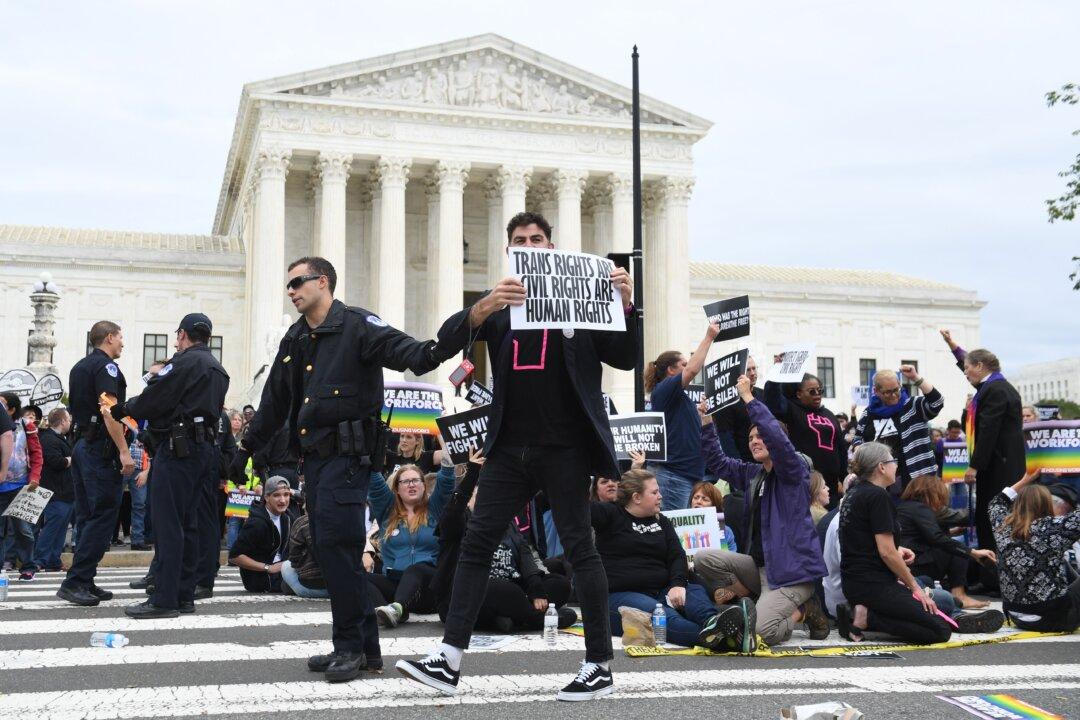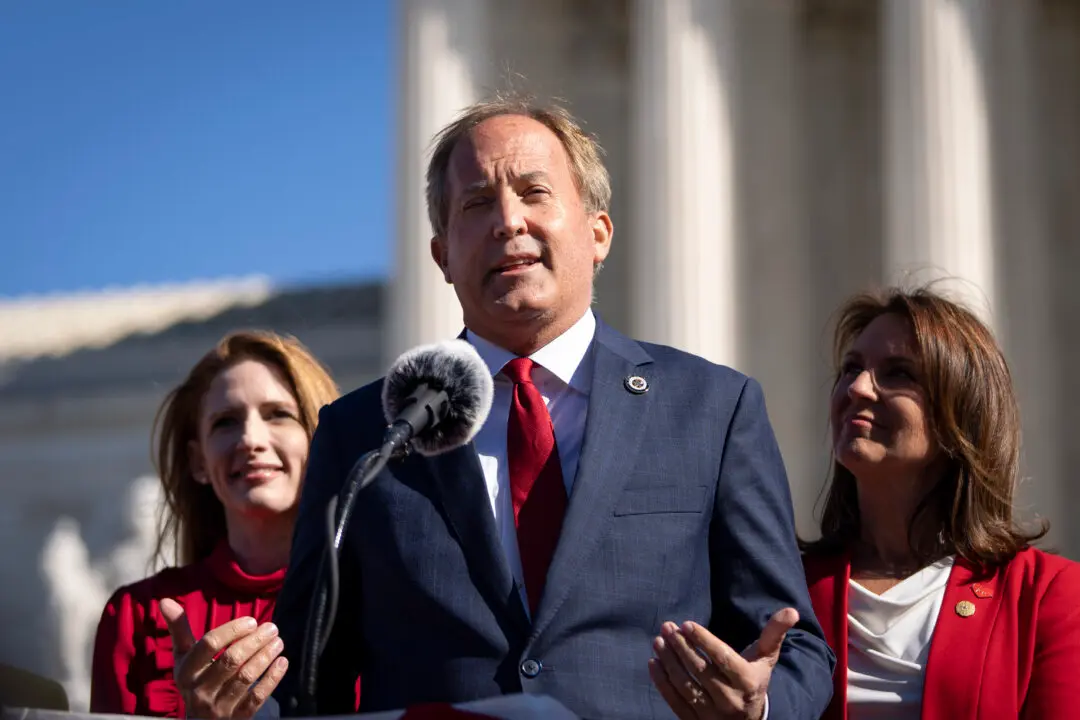The Biden administration has proposed sweeping changes to federal grant rules that could give LGBT organizations an advantage over religious groups when awarding funds.
Stanly Carlson-Theis is the founder and senior director of the Institutional Religious Freedom Alliance, a division of the Center for Public Justice.





